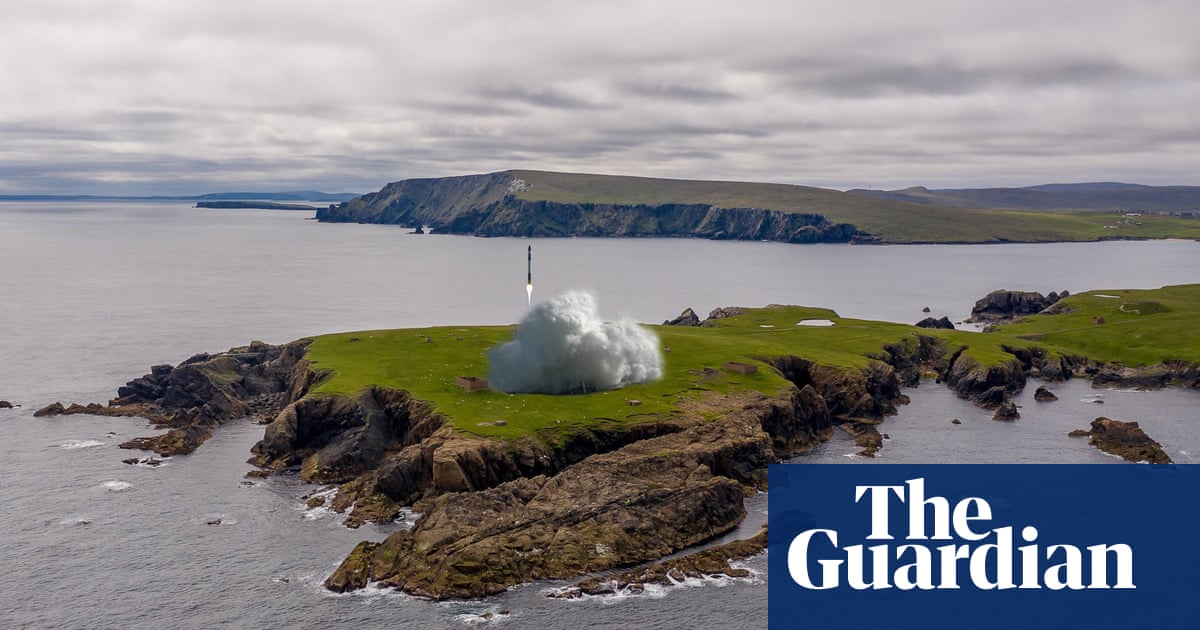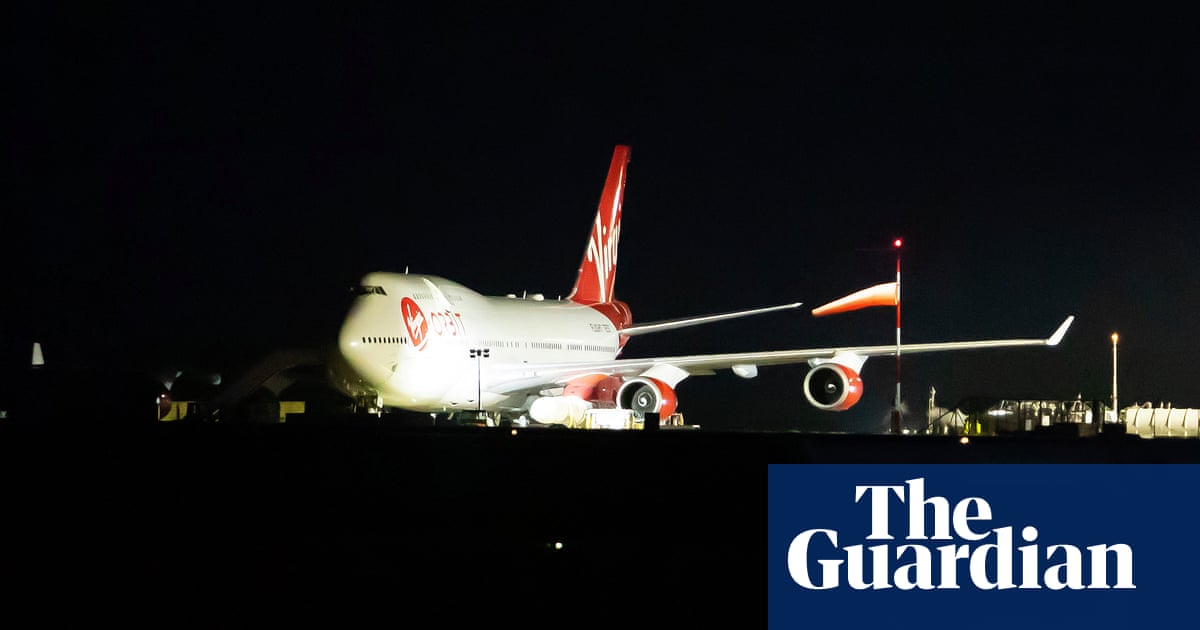
For centuries, Unst has been famous for its richly varied wildlife, pristine beaches and unspoilt sea views. Now the remote Shetland island is leading Britain into space.
A former RAF base on a remote peninsula of the island has become the UK’s first licensed spaceport for vertical rocket launches. It will allow up to 30 satellites and other payloads to be launched into commercially valuable polar, sun-synchronous orbits, which are in high demand from satellite operators for communications and Earth observation.
The site, SaxaVord spaceport, was identified in a 2017 report as a place where rockets carrying the greatest payloads could be launched into space with the lowest risk to people on the ground, if the spacecraft failed and crashed back to Earth.
The island, which has about 650 inhabitants, is at the northernmost tip of the British Isles and was one of the first Viking outposts in the North Atlantic. Its location means that rockets lifting off from the site do not need to pass over populated areas, unlike those launched from other sites, which have to perform dog-leg manoeuvres, limiting the weight of the payload they can carry.
The Civil Aviation Authority (CAA) has now given approval for the first rockets to take off into space from Unst next year. “It’s a lifeline for our islands,” Elizabeth Johnson, the spaceport’s project manager, told the BBC. “We need economic and social activity to ensure that the island remains viable.”
Unst has struggled due to the closure of the RAF base and airport and the loss of services, including the closure of schools, doctors’ surgeries and care centres.
“It’s absolutely stunning here,” Pat Burns, owner of the Final Checkout cafe, told the Guardian in 2017. “We’re the most northern and the most beautiful island in Shetland.
“But a lot of the young people go on to university, and once on the mainland, there’s nothing to attract them to come back. This could mean jobs and opportunities.”
Developing the spaceport, which includes three launch pads and a hangar for assembling rockets, has cost just under £30m so far. There are also plans to build a hotel and visitor centre at SaxaVord.
Tim Johnson, director of space regulation at the CAA, said: “Granting SaxaVord their licence is an era-defining moment for the UK space sector [and] marks the beginning of a new chapter for UK space.”











